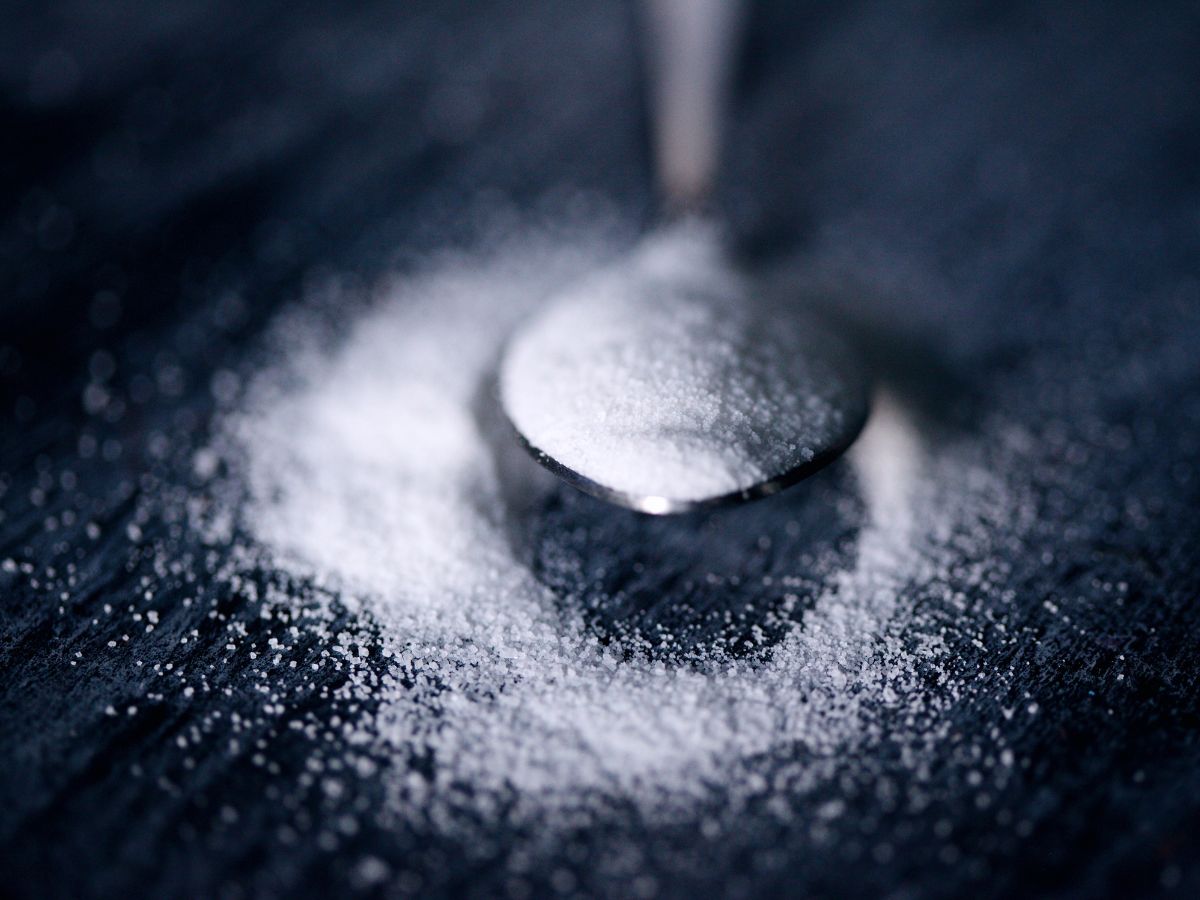Stress is generally a healthy and natural reaction to challenges in life. However it can be negative when it is persistent or overwhelming. You might be suprised to know that certain foods can cause anxiety.
Extreme dread or worry on a regular basis can cause you to avoid particular situations or develop bad behaviors. This is an indication of anxiety and needs to be addressed. One way to start is to look at the food to avoid that can cause or exacerbate anxiety.
Nutritional psychiatry uses scientifically supported food recommendations to treat anxiety symptoms. It is based on the hypothesis that the foods we consume have a significant impact on how much anxiety we experience by way of the gut-brain link.
The relationship between the gut and the brain emphasizes how closely related these two organs are. There is constant two-way communication between them and one’s health has a direct impact on the other. Anxiety symptoms are especially significantly influenced by the bacteria in our gut. Inflammation in the gut can cause neuroinflammation, which is inflammation in the brain. Avoiding foods that cause anxiety can therefore help those with stress symptoms.
The following foods that you should avoid to lessen anxiety symptoms:
Packaged Foods and anxiety
Packaged foodstuffs tend to have extensive ingredient lists and expiration dates far into the future. They are frequently loaded with processed chemicals like sugar and omega-6 fatty acids. Excessive use of these nutrients feeds the undesirable gut flora. Over time this worsens inflammation subsequently stress. The vitamins, minerals, and fiber that help the brain are absent from these diets as well.
People are best off to browse the sections that focus on nutrient-dense fresh or frozen vegetables and lean proteins first. Also check out low-cost dried beans like chickpeas and lentils. Canned fish are another low price nutritional item.
Excessive and Refined Sugary foods and anxiety
There are over 250 names for the different sugars used in modern food products? You would anticipate that these would be present in granola bars, boxed cereals, cakes, pastries, and other baked products. However you wouldn’t typically think sugar is also present in ketchup, salad dressings, or spaghetti sauces. Even savory foods like french fries from a takeaway menu include sugars.
These meals are extremely palatable which initially pleasure the palate. Excessive sugar has detrimental effects on gut health, exacerbates inflammation however. It raises anxiety and lowers mood.
Industrial oils
Industrialization in the food sector has resulted in the creation of cheap, highly processed oils. These oils are often produced from the waste products of the most widely farmed crops in the system. Examples include corn, grapeseed, soybean, sunflower, and palm). As a result of processing they become low in omega-3 fatty acids and rich in omega-6 fatty acids. The body produces too many inflammatory molecules as a result of too many omega-6 fatty acids in the diet; notably in the gut and brain.
To avoid these oils, eat less food products and fast foods. When cooking at home, choose healthier alternatives like extra-virgin olive oil or avocado oil.
Synthetic sweeteners
These sweeteners are included in low in sugar or sugar-free drinks and food. Artificial sweeteners are promoted as healthier options. However a 2014 study indicated that those who consume them have a higher risk of depression than those who do not. Artificial sweeteners may be hazardous to the brain, changing the amounts of neurotransmitters in the brain that control mood, according to several other studies.
Alcohol
While alcohol can make anxiety worse, not everyone is affected in the same way. If you do drink alcohol, do so moderately. Be sure to pay attention to how it makes you feel. Drinking alcohol should be avoided if it makes you feel nervous or anxious. Additionally, keep in mind that alcohol can also negatively affect your physical health. If you choose to drink, go for beverages that don’t have a lot of syrup, sugar, or juice added.
Coffee
Coffee can make anxiety worse. But, as before, everyone is affected differently by it. If you do enjoy a cup of coffee, consume it with few extra calorie-rich ingredients. Also pay attention to your stress levels afterward.
How to use diet to support mental wellness.
Following your body’s guidance regarding meals that make you anxious is a foundational principle of nutritional psychiatry.
This is significant since no two people react to food exactly the same due to the individual differences in their microbiomes. Foods that cause anxiety in some people might not have the same stressful impact on others. Although the aforementioned meals are all associated with gut and brain inflammation, different people will experience symptoms to varying degrees. People should choose their food wisely, be aware of how different foods make them feel, and practice mindfulness when they are eating.

